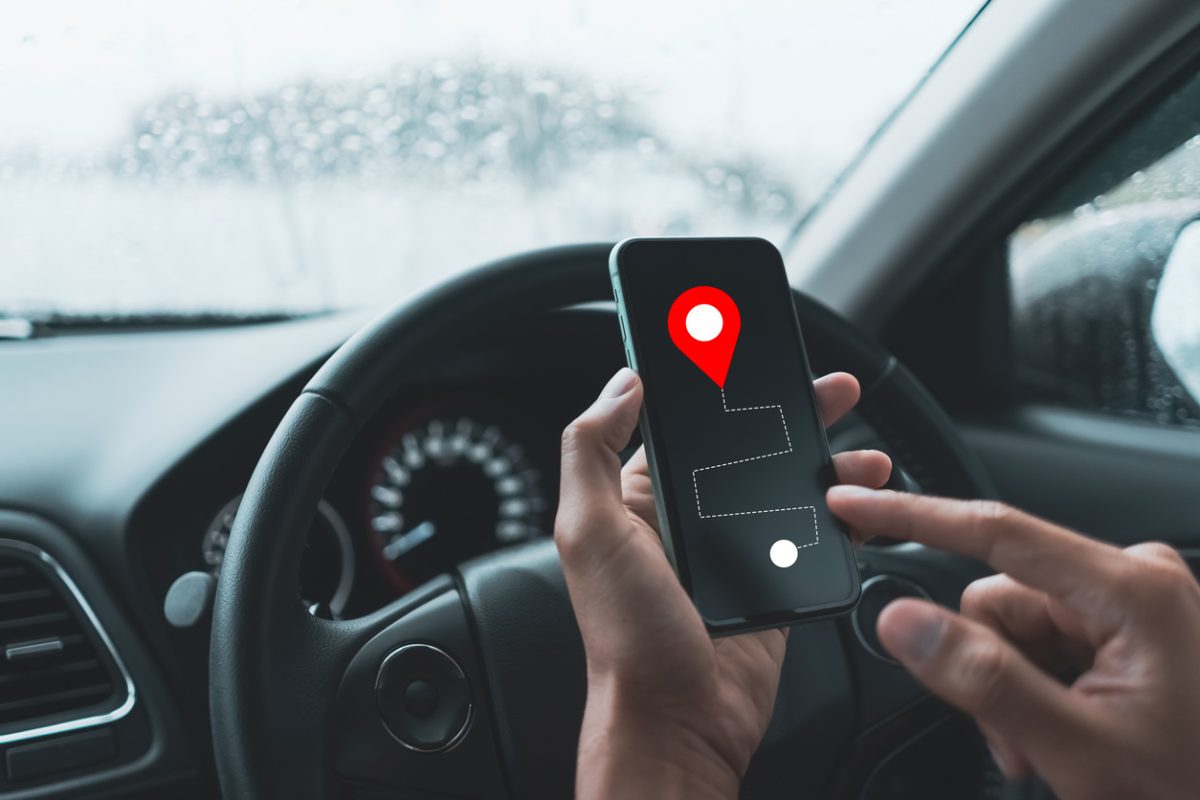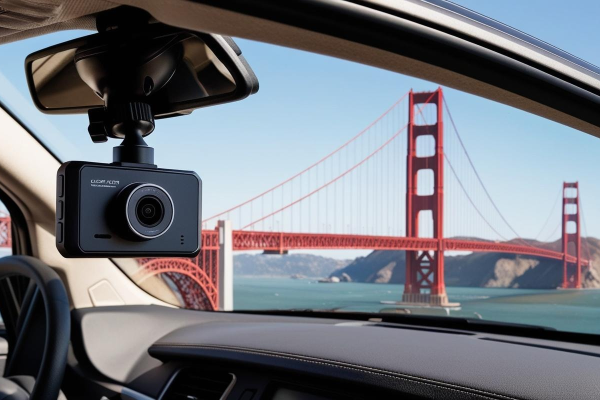In today’s fast-paced world, businesses and individuals are increasingly relying on GPS technology to improve efficiency, safety, and security. One area where GPS trackers have proven to be particularly valuable is in lowering insurance costs. By providing real-time data and enhancing risk management, GPS trackers empower insurers to offer better rates to their policyholders. In this blog, we will explore the top five ways GPS trackers can help reduce insurance costs.
- Theft Prevention and Recovery:
One of the most significant benefits of GPS trackers is their ability to prevent theft and aid in vehicle recovery. By installing GPS trackers in vehicles, individuals and businesses can actively monitor their assets’ locations at all times. In case of theft, the tracker enables real-time tracking, making it easier for law enforcement agencies to locate and recover the stolen vehicle quickly. As a result, insurance companies are more likely to offer lower premiums to policyholders with GPS trackers, as the risk of theft and potential loss is significantly reduced. - Accident Detection and Emergency Response:
GPS trackers equipped with advanced sensors can detect accidents and automatically send alerts to emergency services. This feature not only ensures prompt assistance for the injured but also aids insurance companies in mitigating the severity of claims. By reducing response times and improving accident management, insurers can better control costs associated with medical expenses, property damage, and legal liabilities. Consequently, policyholders who have GPS trackers installed in their vehicles can enjoy reduced insurance premiums. - Driver Behavior Monitoring:
GPS trackers provide valuable insights into driver behavior, including speed, acceleration, braking, and route adherence. By monitoring these metrics, insurers can assess the risk profile of policyholders more accurately. Individuals or businesses that consistently demonstrate safe driving habits can be rewarded with lower insurance premiums. Moreover, GPS trackers can act as a deterrent against reckless driving, as drivers are aware that their behavior is being recorded. This encourages responsible driving practices and further decreases the likelihood of accidents, resulting in cost savings for both insurers and policyholders. - Fleet Management Optimization:
For businesses that operate fleets of vehicles, GPS trackers offer substantial cost-saving opportunities. By utilizing real-time data on vehicle location, route optimization, and fuel consumption, fleet managers can enhance operational efficiency. GPS trackers enable precise tracking of mileage and usage patterns, allowing businesses to streamline maintenance schedules and reduce the risk of breakdowns or accidents. With improved fleet management, insurance companies can offer lower premiums to businesses that actively utilize GPS trackers, as the overall risk associated with their fleet is minimized. - Telematics-based Usage-based Insurance (UBI):
Telematics, a combination of telecommunications and informatics, enables usage-based insurance (UBI). GPS trackers gather data on driving behavior, distance traveled, and vehicle usage, providing insurers with accurate information to determine premiums based on individual risk profiles. UBI policies offer a fairer and more personalized approach to insurance, rewarding safe drivers with lower rates. By opting for UBI programs that utilize GPS tracking, policyholders have the opportunity to significantly reduce their insurance costs, especially if they exhibit responsible driving habits.
GPS trackers have revolutionized the insurance industry by providing valuable data insights and risk management tools. From theft prevention and accident detection to driver behavior monitoring and fleet optimization, the applications of GPS technology are vast and beneficial. By embracing GPS trackers, policyholders can actively contribute to reducing insurance costs while ensuring enhanced safety and security. Insurers, on the other hand, can offer more competitive premiums, leading to a win-win situation for all parties involved. So, why wait? Embrace GPS tracking today and unlock the potential for lower insurance costs and a safer future. For more info, please visit Traxxis GPS.





